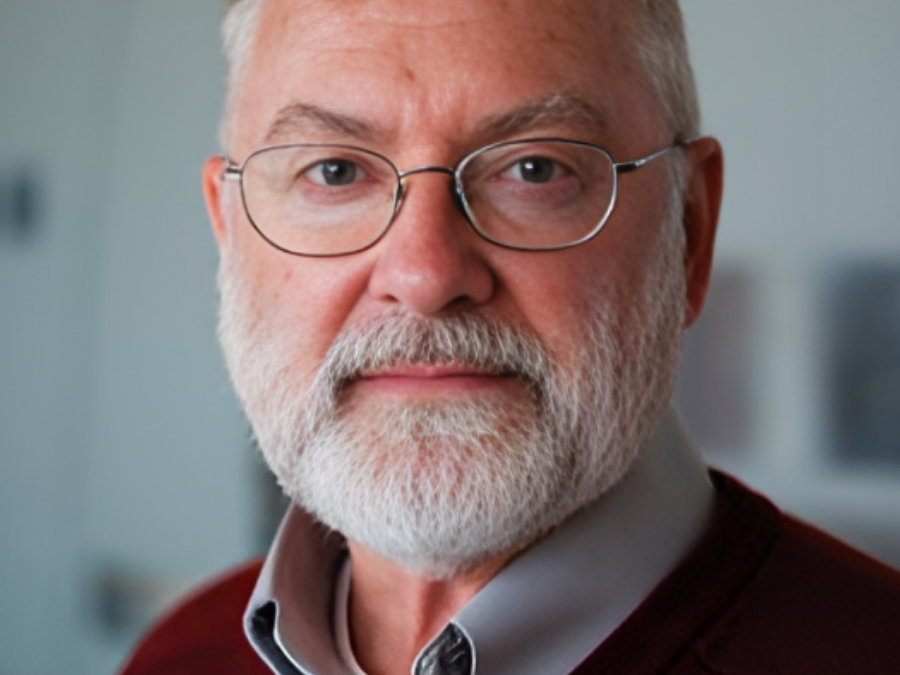
by Zoe Myatt | Nov 28, 2023
We publish computer codes for computational chemical reaction kinetics calculations. Our long-term aim (not yet achieved!) is to develop predictive tools that are as good as experiments. Toward that end, we use statistical rate theories to predict thermal rate...
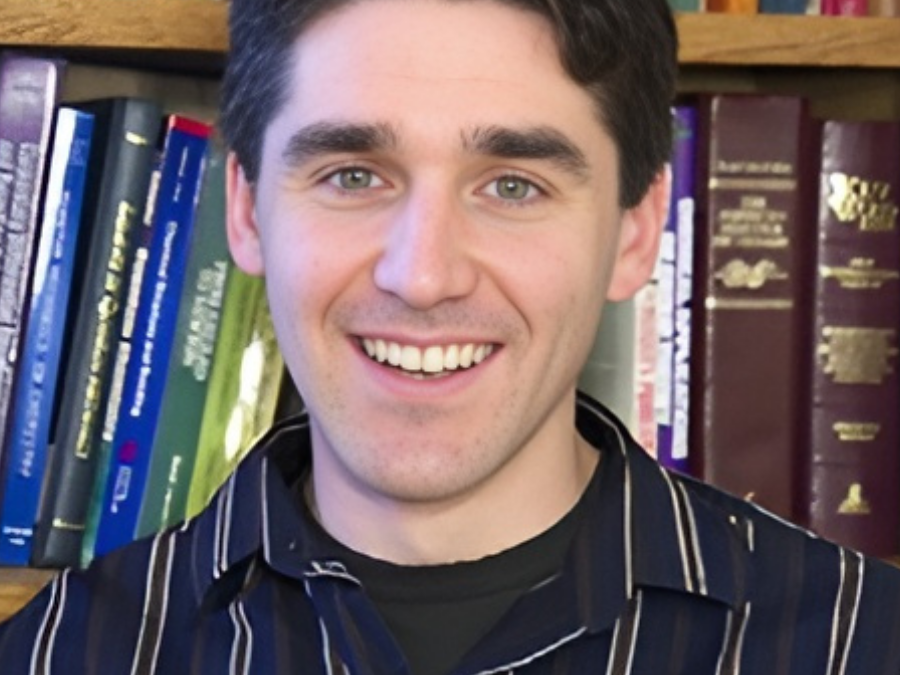
by U-M MICDE | Nov 15, 2022
From elementary chemical reactions to exciton dynamics in solar cells, chemistry is a particularly rich field for atomistic simulation. Research in the Zimmerman group develops and employs a broad spectrum of computational techniques to chemical problems. Special...
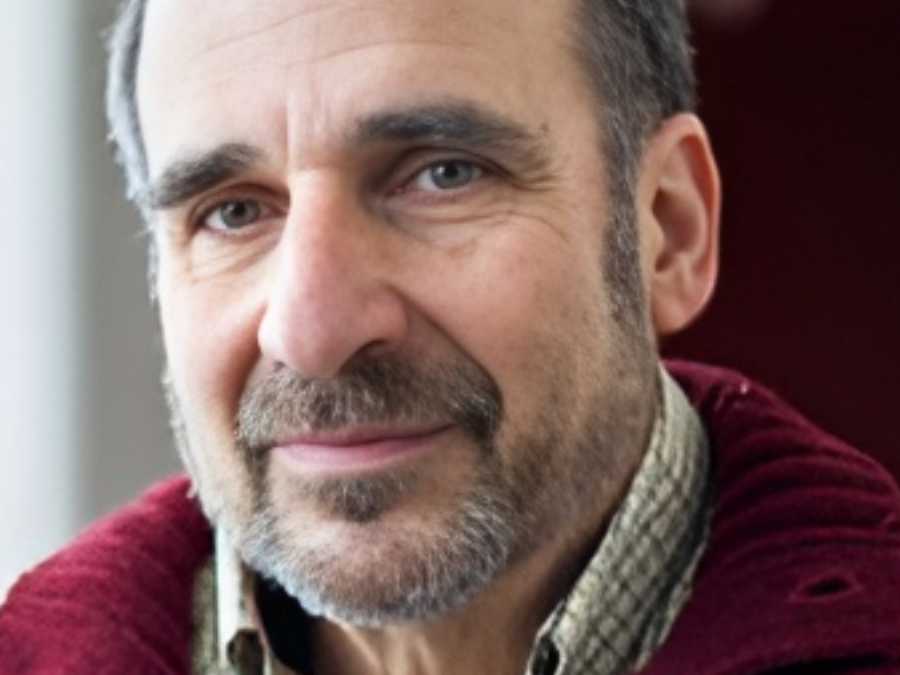
by U-M MICDE | Nov 15, 2022
Professor Ziff carries out computational and theoretical studies of various physical problems, most notably percolation but also catalysis modeling and several reaction/diffusion systems. For percolation, he has developed various algorithms that have allowed...
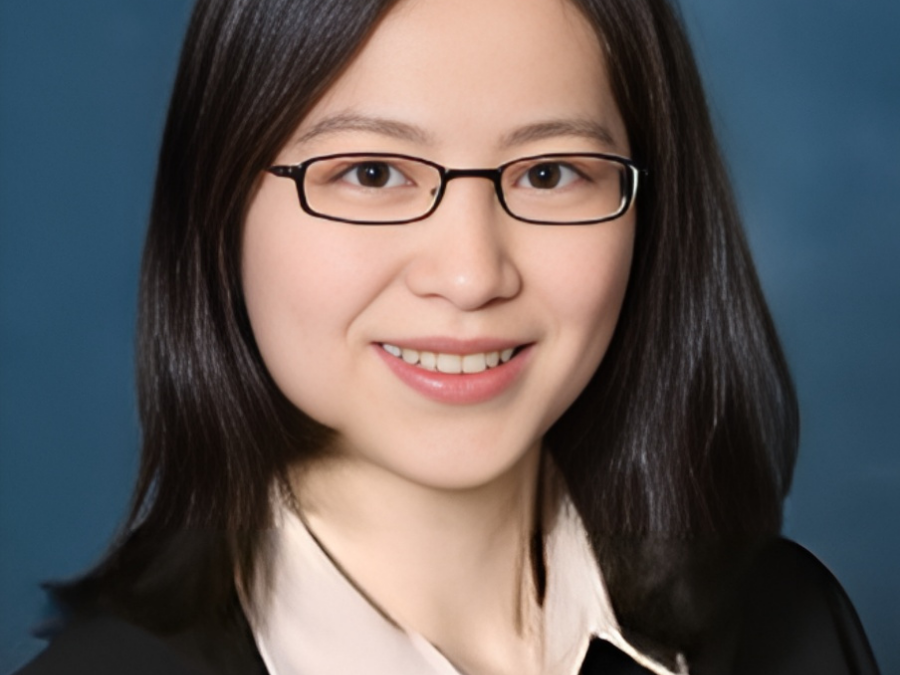
by U-M MICDE | Nov 15, 2022
Thornton’s research focuses on computational and theoretical investigations of the evolution of microstructures and nanostructures during processing and operation of materials. These investigations facilitate the understanding of the underlying physics of materials...
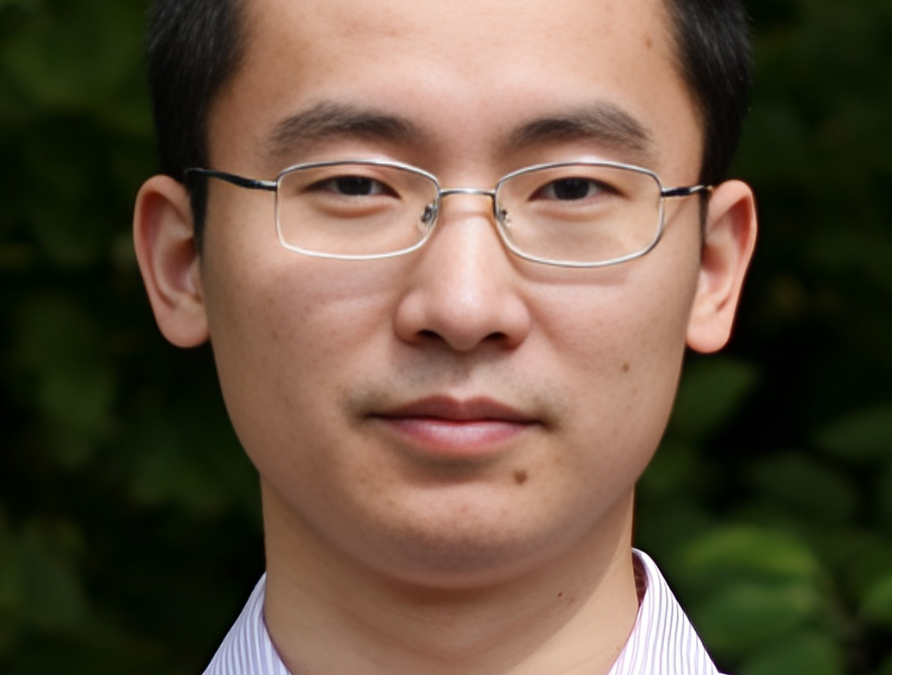
by U-M MICDE | Nov 15, 2022
His research focuses on understanding the role of strong correction effects in many-body quantum systems. The objective is to discover novel quantum states/materials and to understand their exotic properties using theoretical/numerical methods (with emphasis on...
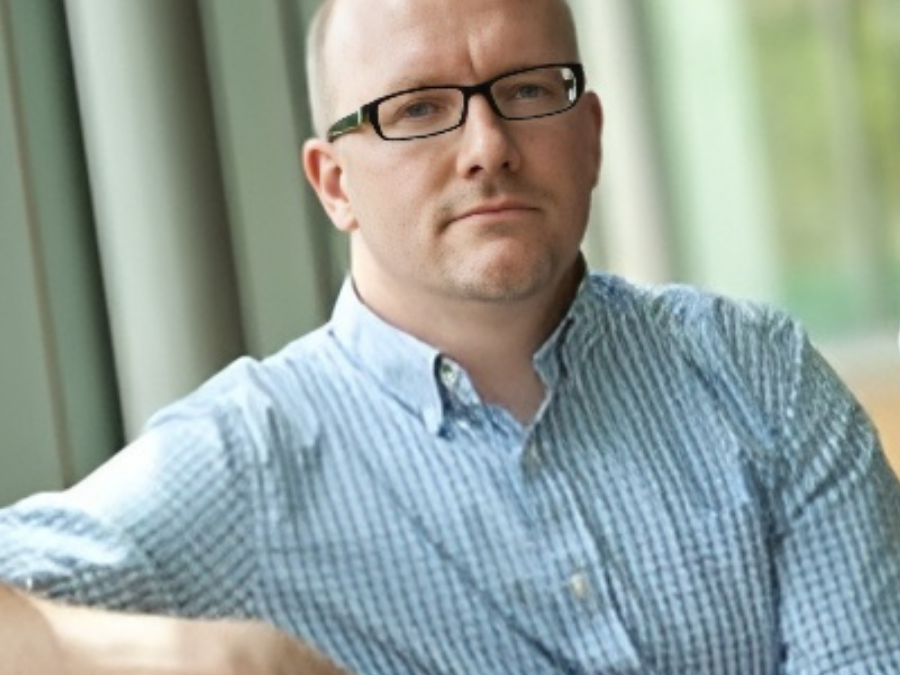
by U-M MICDE | Nov 15, 2022
David Sept is a Professor in the Department of Biomedical Engineering, and he is affiliated with the Center for Computational Medicine and Bioinformatics. The Sept lab works in the area of computational biology and we use a wide array of computational techniques to...
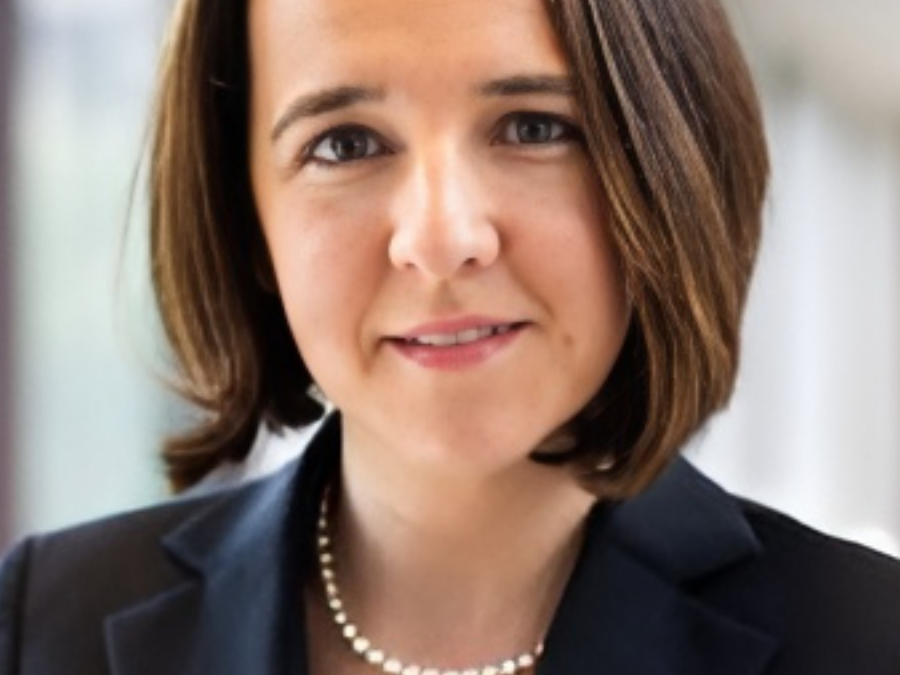
by U-M MICDE | Nov 15, 2022
Prof. Pozzi’s group is interested in developing new tools and techniques for the detection and characterization of special nuclear material: highly enriched uranium and weapons grade plutonium. Their research has applications in the areas of nuclear safeguards,...
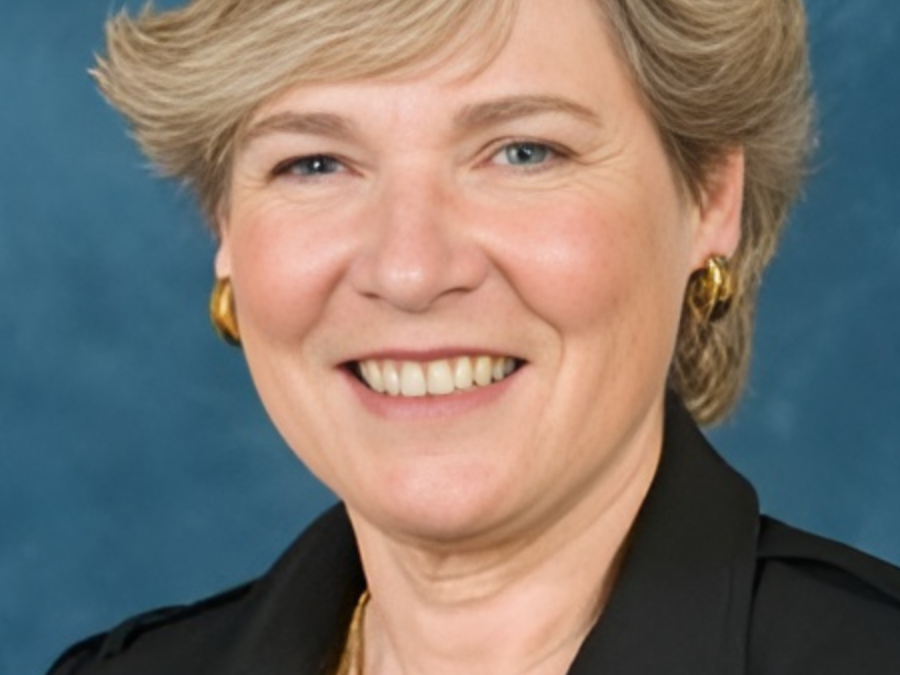
by U-M MICDE | Nov 15, 2022
Prof. Penner’s research is adding the impacts of contrail formation within a global climate model. This involves following the physics from scales that treat aerosols (sub-micron sizes) to contrails (hundreds of meters) to climate (hundreds of kilometers)....
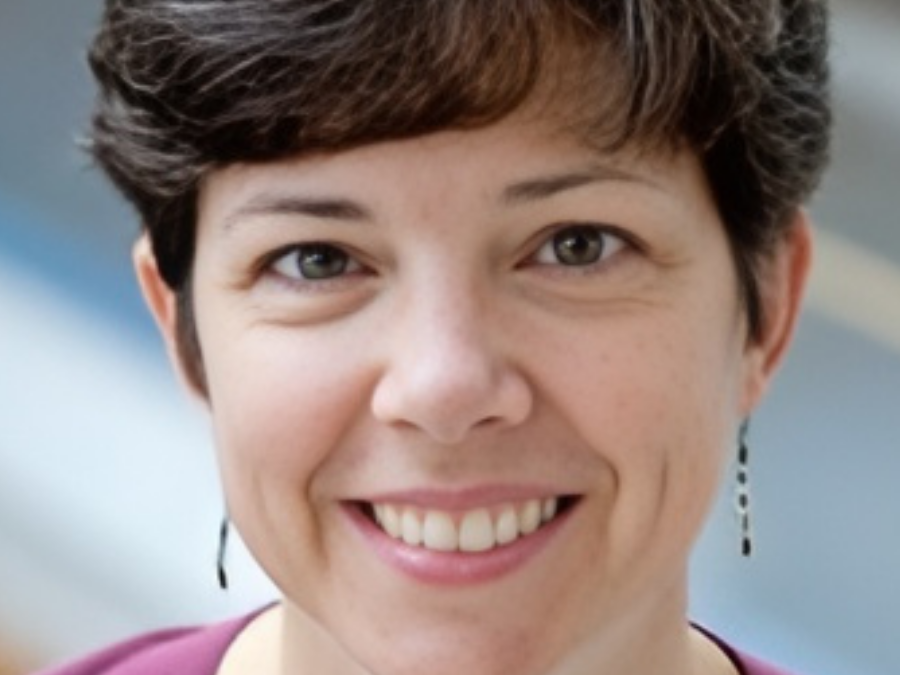
by U-M MICDE | Nov 15, 2022
The Linderman group works in the area of computational biology, especially in developing multi-scale models that link molecular, cellular and tissue level events. Current areas of focus include: (1) hybrid multi-scale agent-based modeling to simulate the immune...
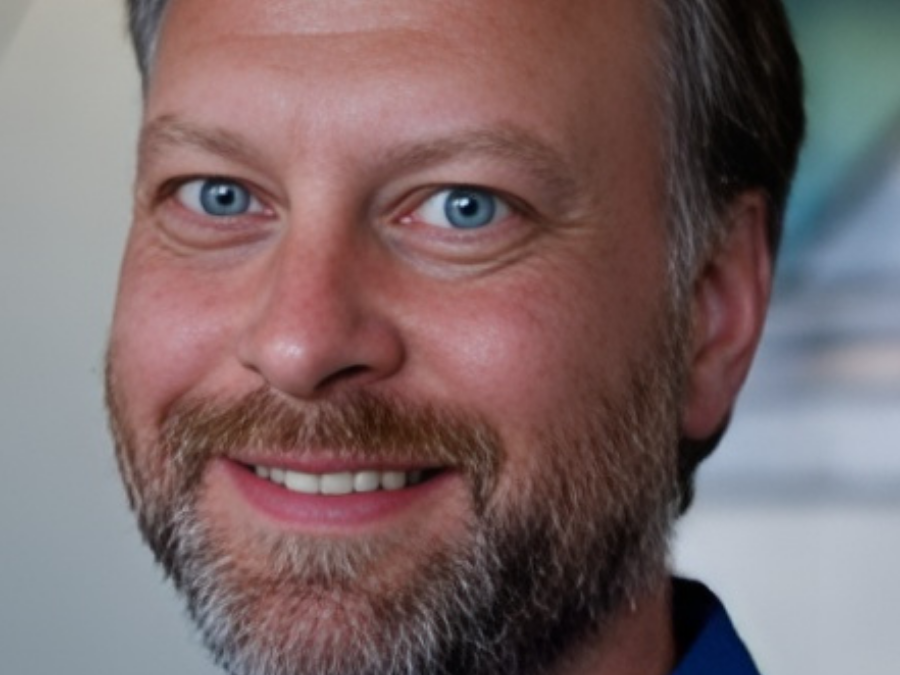
by U-M MICDE | Nov 15, 2022
His research interests focus on understanding the physical processes controlling energetic charged particle motion in planetary magnetospheres, including Earth. He writes and uses space plasma physics numerical models, especially kinetic modeling that resolves...










